A Memorable Montana Moment
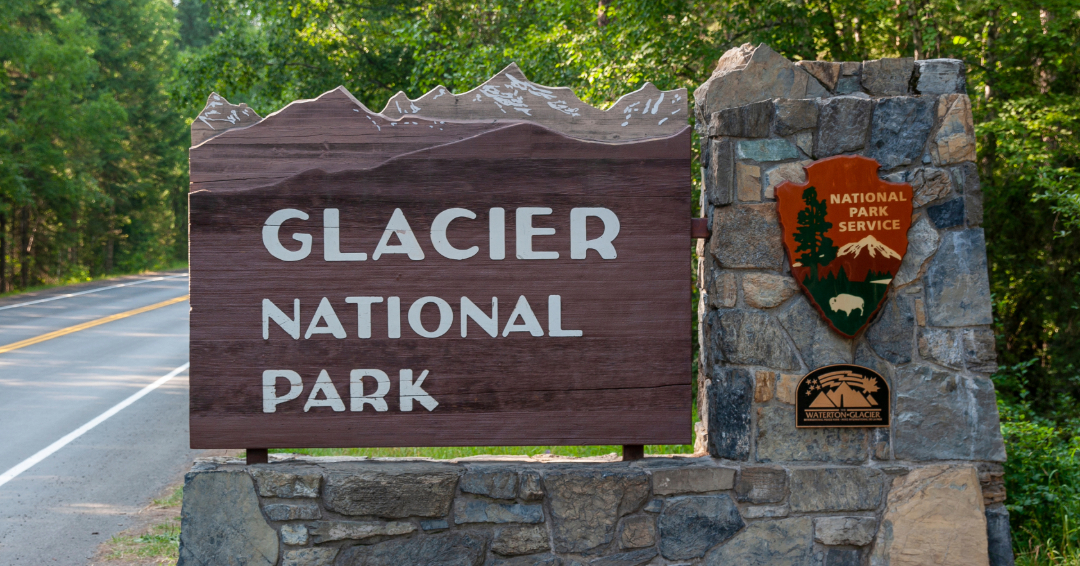
Twenty-plus years ago, my then-husband and I took an autumn driving trip, a two-week tour of the Mountain West. We left our home in San Francisco and headed due east, navigating by way of folding paper maps and a TripTik from Triple-A—this being, of course, before smartphones or even the widespread use of GPS.
We saw a lot of beautiful and interesting things on that journey, and ate an awful lot of steak; I still fondly recall the generous portions served at a Basque restaurant somewhere in the wilds of Nevada, a meaty oasis in the desert. But it was a day in Montana’s Glacier National Park that
ended up being particularly memorable.
We stayed in a motel near the park’s borders, cute but rustic. Our first morning, we planned a kind of overview of the park: driving to a few trailheads to take short hikes, scoping out the best places for more serious treks on the following days.
At our first stop, there was a pickup truck in the parking lot with all its windows down, blasting one of those annoying talk-radio stations. We hurried past the truck and the few people standing around it, quickly finding the trail and its blessed peace and quiet. “What is the matter
with people?” we asked each other. “Who comes all the way out to this beautiful wilderness only to fill the forest with that awful noise?”
We had a nice little hike, then drove on and stopped at a few more places after that, making notes on where we might want to return. By mid-afternoon, we were driving up the Going-to-the-Sun Road, with plans to visit the ranger station at the peak.But when we got to the station, the parking lot was entirely full. We circled it several times, baffled. It wasn’t the high season; it a random Tuesday in mid-September, for crying out loud.
Why was it so crowded here?
“Look,” I said, as my husband scanned the ranger station’s doors, hoping to spot someone leaving—and take their parking space before one of the several other hovering vehicles grabbed it. “Both the American and Canadian flags are at half-staff.”
“I wonder what’s going on?”
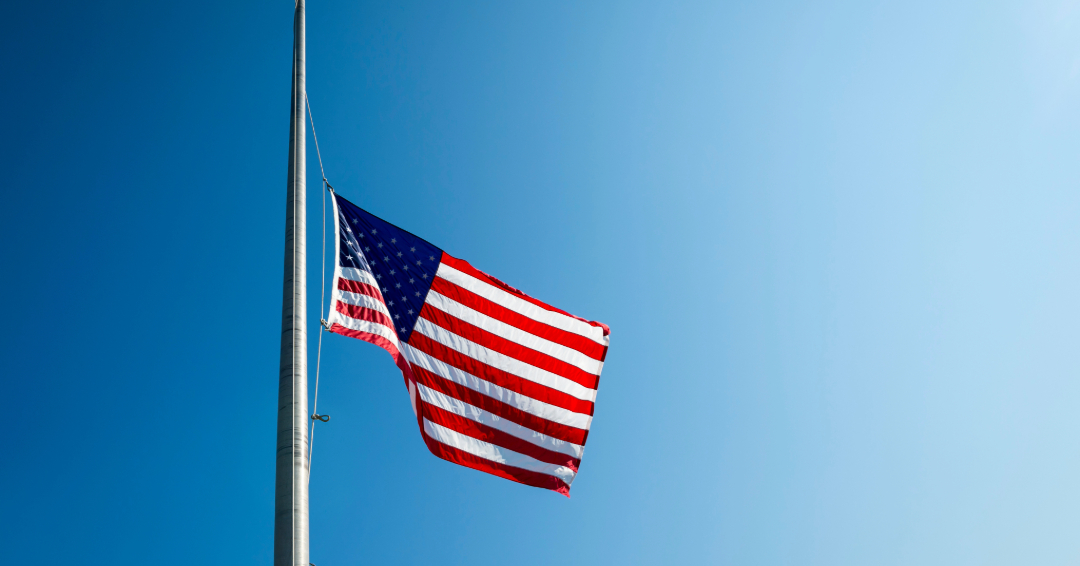
“Maybe Dick Cheney died,” I said. The Vice President was famously not in the best of health. We couldn’t even go inside the ranger station and ask; we never did get a place to park. Instead, we eventually gave up and left, winding our way back down the Going-to-the-Sun Road.
As my husband drove, I spun the dial on the car radio, trying to find a news station, anything that might clue us in. But radio reception was nearly nonexistent, there in the depths of Glacier National Park. Scraps of staticky words would filter through every now and then: “…that
cowardly act…” “…this terrible event…”
“Something happened,” we kept saying, but still could not figure out what. Even when we got to a place with better reception, we just heard speech after speech denouncing this awful thing…with nobody saying what it actually was.
It wasn’t until we got back to our motel room and turned on our little black-and-white rabbit-ears television that we finally learned what had happened.
This “random Tuesday,” of course, was September 11, 2001.
By the time we were able to piece any of it together, the news was many hours old. We watched what we could, but the reception on our motel’s TV wasn’t a whole lot better than our car’s radio, and reporting had turned to coverage of reactions around the country and the world rather than details of the incident itself.
Once we had a general picture of the situation, we realized we needed to get hold of a few people. We had friends and colleagues in New York we wanted to check on, and people we were scheduled to visit in Challis, Idaho, in a few days. Additionally, at least on that first day, there
was a great deal of uncertainty about not just what exactly had happened but also what might be coming next; we wanted to let our families at home know that, though we were out of touch, we were just fine, and would be making arrangements to check in regularly.
Trouble was, our cute but rustic motel room had no telephone. So off we marched to the front office, where we found we were far from the only folks in this situation.
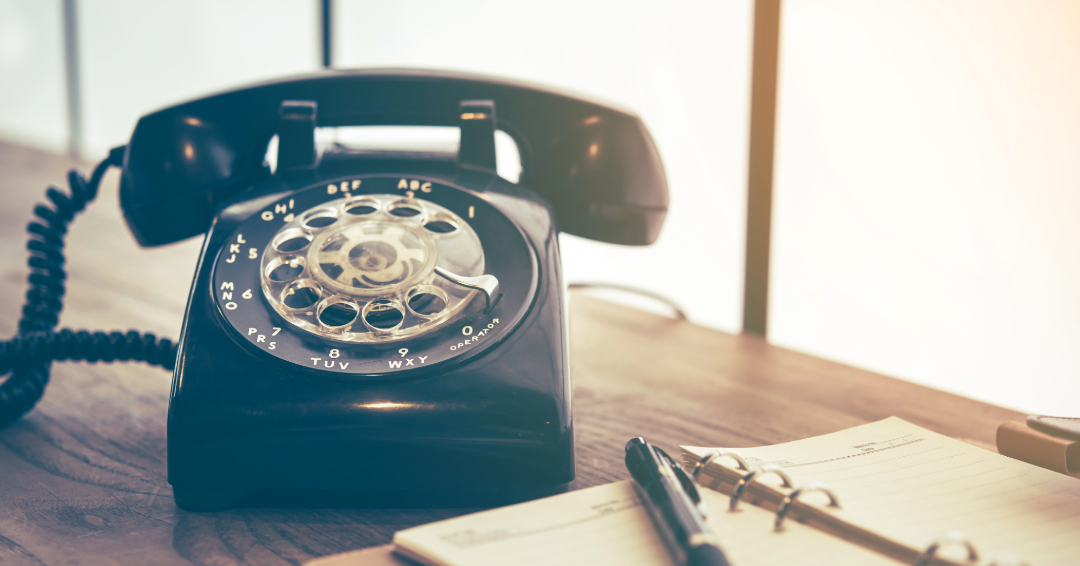
As we waited our turn to borrow the motel’s single telephone—stretched over the front counter, its long cord pulled to its full extension—the long-suffering clerk told us there was a pay phone a few miles down the road, but that it was probably in heavy demand as well. “Normally
we don’t let the customers use this phone, we need to keep it for our business,” he said. “But the only calls we’re getting now are cancellations.” Commercial flights, of course, were all grounded for the foreseeable future; most of the guests in line ahead of us were not only trying to contact loved ones, they were scrambling to figure out how they were even going to get home.
We finally made our few phone calls and returned to our room, to sit on the little front porch and marvel at the big empty sky overhead. No airplanes, no contrails. We hadn’t even noticed earlier, but now it seemed unutterably strange.
The next few days were surreal. It was odd, of course, remaining so out of touch, so uninformed—though we did brave that pay phone on the second day, as we’d promised our families. We went ahead and took a few of those longer hikes, because why not? But the mood in the park was striking. Hikers in general are friendly types, often greeting each other when passing on the trail. Now, however, the friendliness was turned up to eleven. Everyone wanted to talk—to connect, to comfort, to share what little scraps of information we’d come across. To commiserate in this time of such great uncertainty. We felt very fortunate to be on a driving trip. At least we could get home again without having to rely on air travel.
And we felt most fortunate of all to be in Montana at such a time in our nation’s history.
Neither of us had ever visited the state before; we’d already been deeply impressed with its scenic beauty and remote wildness. Now, we were blown away by the warm and welcoming people. From our motel’s desk clerk (who went out of his way to help so many stranded guests, day after day), to the wait staff at every restaurant and diner we visited (who wanted to know where we were from and if everyone we knew was all right), to the staff in the ranger station at the top of the Going-to-the-Sun Road (where we finally got in to visit a few days later), everyone was helpful, generous, and deeply caring.
I haven’t been back to Montana since. What with one thing and another—including the end of that marriage—I have not managed a return visit. But it is high on my wish list for the future.
Next time, however, I hope for an entirely positively memorable experience.
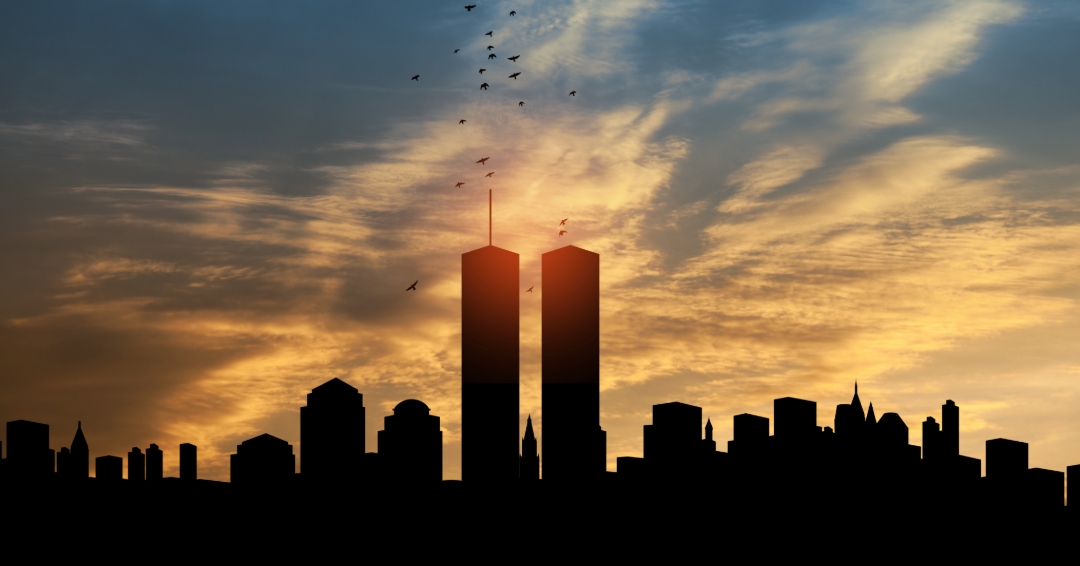
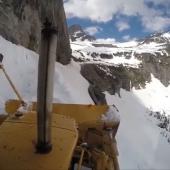
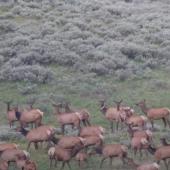
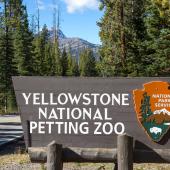
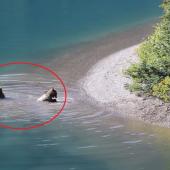
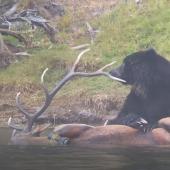
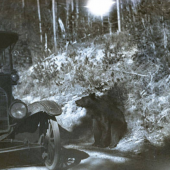
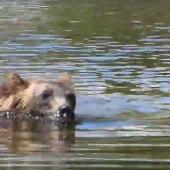
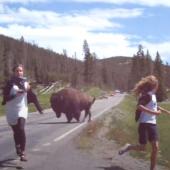
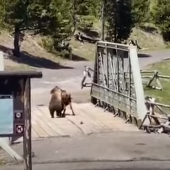
Leave a Comment Here